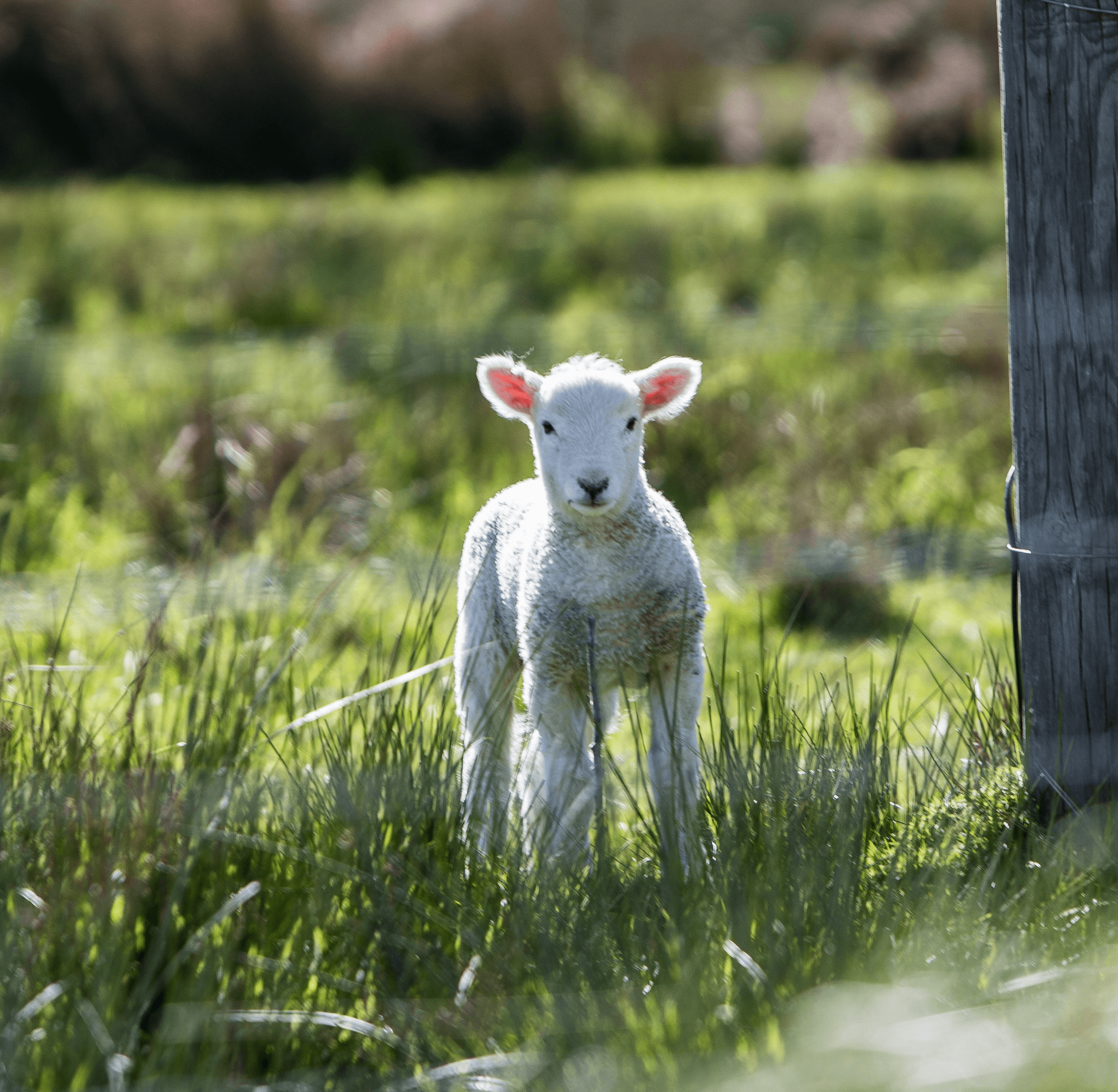Sep 26, 2024
Healthcare Trends
Arthur “Jack” Schubarth, an 81-year-old resident of Vaughn, Montana, has been sentenced to six months in federal prison. Schubarth illegally used tissue and testicles from large sheep hunted in Central Asia and the U.S. to clone giant Marco Polo sheep. These cloned animals were bred to create hybrid sheep for captive trophy hunting operations in Texas and Minnesota.
The Sentencing and Its Implications
U.S. District Court Judge Brian Morris struggled with the sentencing, balancing Schubarth's age and lack of criminal history against the severity of his actions. Alongside the prison term, Schubarth was fined $20,000 and ordered to pay $4,000 to the U.S. Fish and Wildlife Foundation. He is also prohibited from breeding game stock during his three-year probation period.
"I will have to work the rest of my life to repair everything I’ve done," Schubarth expressed remorsefully before the sentencing.
The Complex Conspiracy Behind the Hybrid Sheep
Schubarth owned Sun River Enterprises LLC, a 215-acre alternative livestock ranch specializing in animals for private hunting preserves. He cloned a giant Marco Polo sheep, named Montana Mountain King (MMK), using tissue from a sheep hunted in Kyrgyzstan in 2013. Schubarth sold semen from MMK and hybrid sheep to clients in Texas and Minnesota, aiming to produce larger sheep with impressive horns for trophy hunting.
The operation involved extensive planning and illegal activities, including the unauthorized import of sheep breeds into Montana and the extraction and sale of semen from a trophy-sized Rocky Mountain bighorn sheep hunted in Montana.
Impact on Wildlife and Hunting Industries
Prosecutors highlighted that Schubarth's actions endangered wildlife health and involved a conspiracy spanning multiple states. The total value of the animals involved ranged between $250,000 and $550,000. Hybrid sheep were sold to individuals in Alabama, Arkansas, Kansas, Missouri, Nebraska, Ohio, Oregon, South Dakota, and West Virginia.
Sarah Brown, an attorney with the U.S. Department of Justice, emphasized the need for a prison sentence to deter others from similar illegal activities that could harm the genetic makeup of wildlife.
Conclusion and Future Implications
Schubarth's attorney noted that the case has devastated his client's life, reputation, and family. The remaining hybrid sheep with Marco Polo DNA on Schubarth's ranch must be slaughtered by the end of the year, with the meat donated to food banks. Schubarth is required to cooperate fully with prosecutors as the investigation continues.
This case underscores the legal and ethical boundaries within wildlife breeding and the significant consequences of violating federal laws designed to protect wildlife species.
